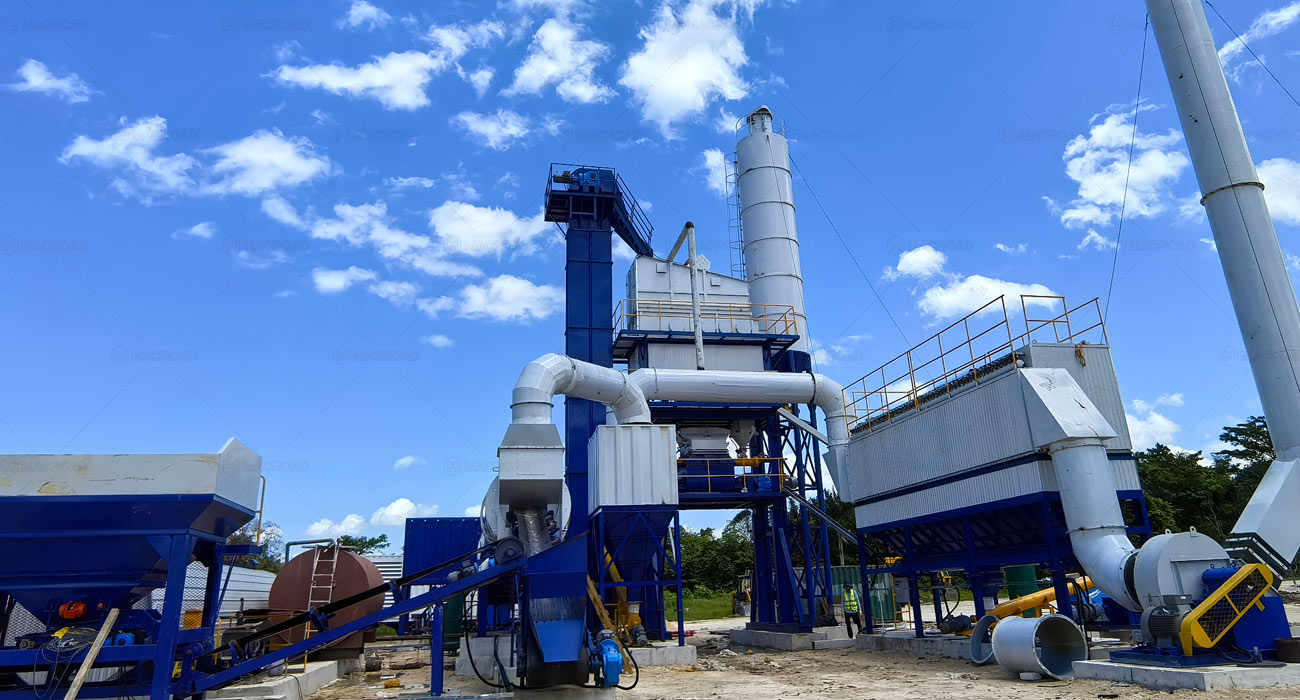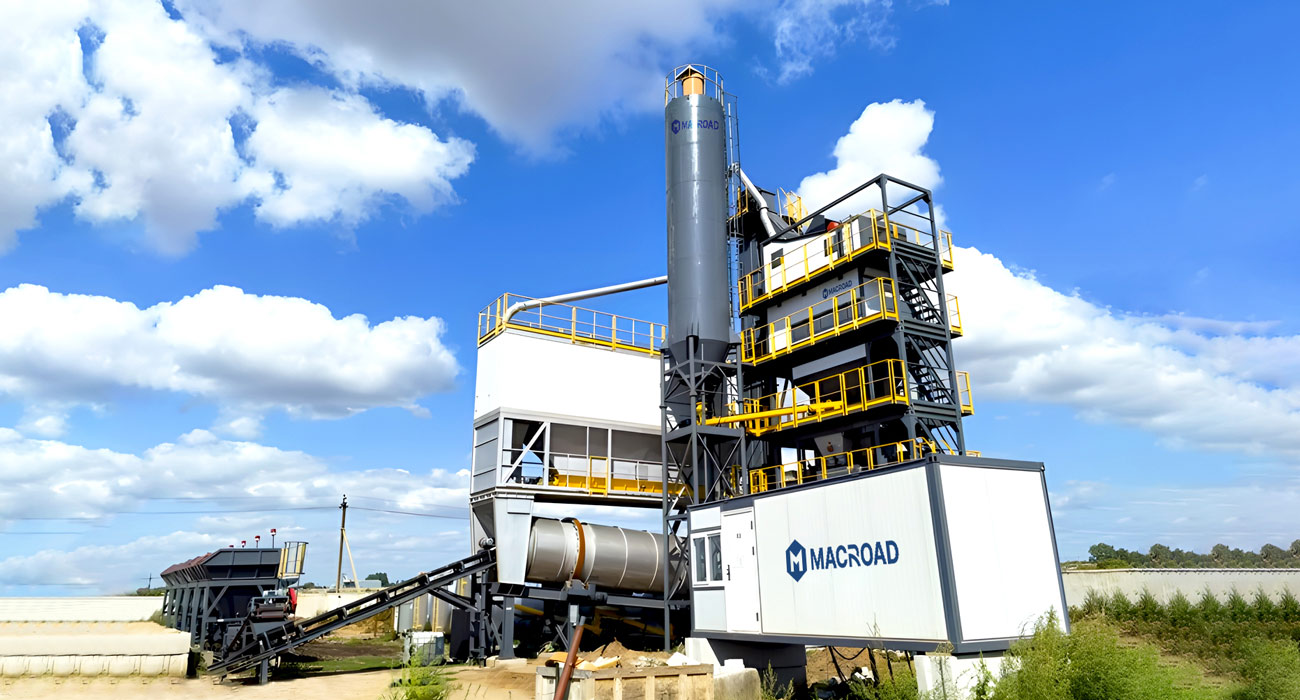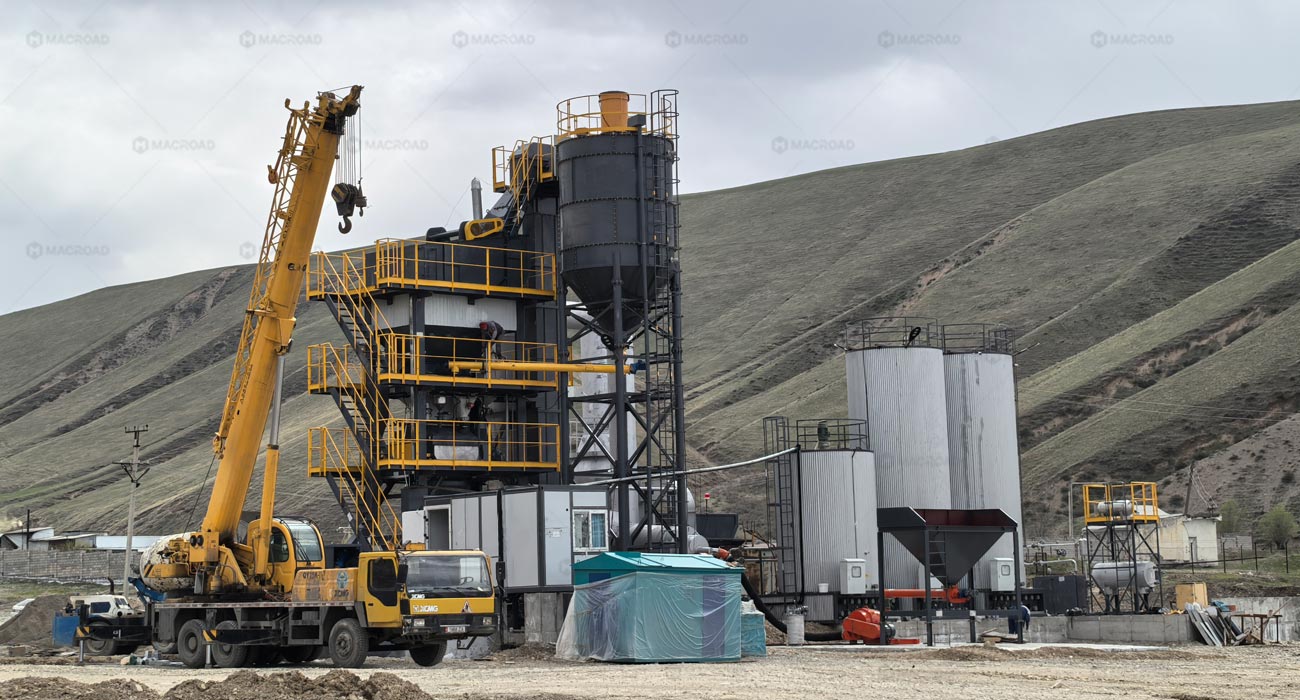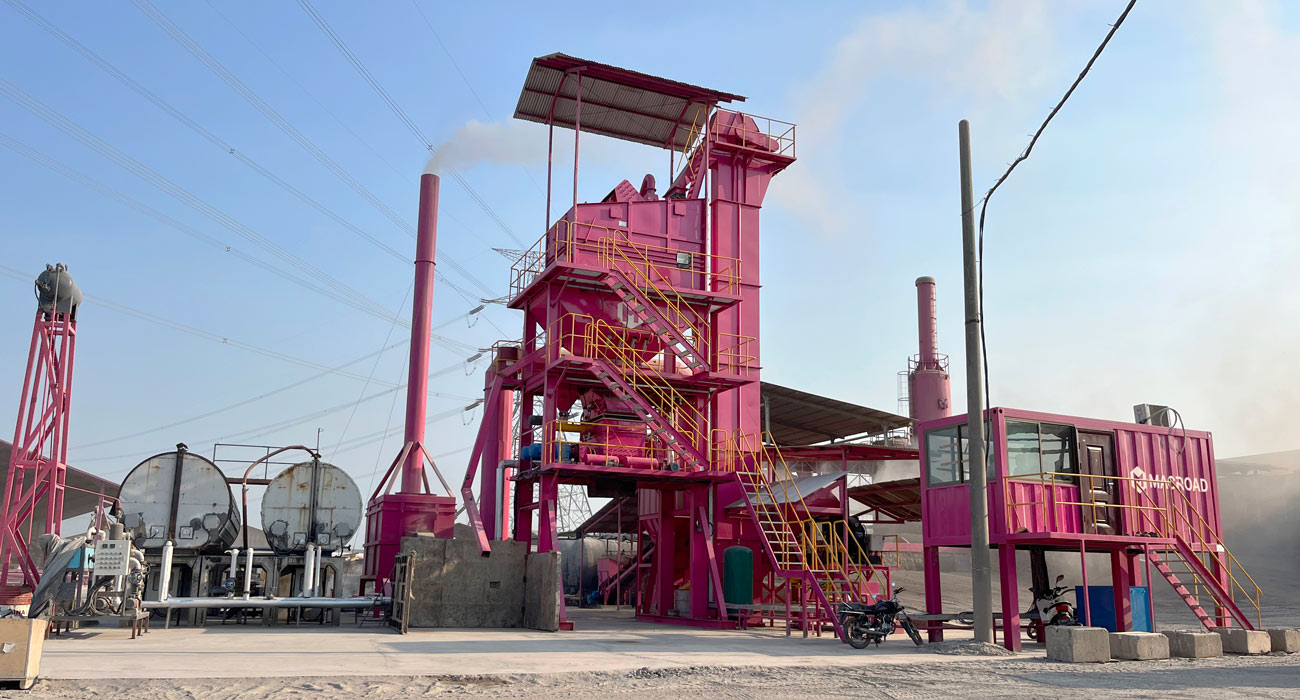Categories
Tags
-
#asphalt plant
#stationary asphalt plant
#mobile asphalt plant
#Batch mix asphalt plant
#Drum Mix Asphalt Plant
#asphalt plant cost
#asphaltplant
#coldmixasphaltplant
#mini mobile asphalt plant
#mobileasphaltplant
#asphalt plant in South Africa
#reliable asphalt plant
#asphalt plant supplier
#asphalt plant in Indonesia
#asphalt plant price
#stationary asphalt batching plant
#asphalt plants
#asphalt production plant prices
#mobile asphalt plant cost
#asphalt plant manufacturers
#asphalt batching plants
#batch mix plant
#buy asphalt plant
#asphalt batch mix plant manufacturer
#asphalt batch mix plant price
#portable asphalt plant
#mobile asphalt mixing plant
Archives
Key Operational and Maintenance Factors for Long-Term Value of
-
Posted by Macroad AsphaltPlant Filed in Business #asphalt plant price #stationary asphalt batching plant #asphalt plants 112 views
When considering the purchase of a stationary asphalt batching plant, the initial asphalt plant price is just one aspect of the investment. To ensure that the plant delivers long-term value aligned with road construction project needs, several operational and maintenance factors must be prioritized. These considerations are crucial for maximizing efficiency, reducing costs, and extending the lifespan of the equipment.

Reliability and Performance Efficiency
The reliability and performance efficiency of a stationary asphalt batching plant are paramount for successful road construction projects. A plant that consistently delivers high-quality asphalt without frequent breakdowns reduces downtime and enhances productivity. Investing in reliable components, such as high-efficiency burners and advanced mixing technologies, can significantly improve overall performance.
Regular performance assessments should be conducted to identify areas for improvement. This includes monitoring production rates and the quality of asphalt produced. By ensuring that the plant operates at optimal efficiency, project managers can meet demanding schedules and maintain high standards of output, ultimately justifying the initial asphalt plant price.

Effective Maintenance Strategies
An effective maintenance strategy is essential for preserving the longevity and functionality of a stationary asphalt batching plant. This involves implementing a routine maintenance schedule that includes regular inspections, cleaning, and part replacements. Attention should be given to critical components like the mixing drum, conveyor belts, and control systems, as these are vital for seamless operations.
Predictive maintenance technologies can also be beneficial. By utilizing sensors and monitoring systems, operators can gain real-time insights into equipment health and anticipate potential failures before they occur. This proactive approach reduces unexpected downtime and repair costs, ensuring that the asphalt plant remains operational and continues to deliver value throughout its lifecycle.

Training and Skill Development
The expertise of the personnel operating the stationary asphalt batching plant plays a significant role in its long-term value. Investing in comprehensive training programs for operators and maintenance staff ensures that they are well-versed in the plant’s functionalities and maintenance requirements. Knowledgeable staff can troubleshoot issues effectively and perform routine maintenance tasks, contributing to smoother operations.
Additionally, fostering a culture of continuous improvement within the team can lead to innovative solutions that enhance productivity and efficiency. Encouraging feedback and sharing best practices among staff can result in a more resilient operation that adapts to changing project demands and technological advancements.

Environmental Compliance and Sustainability
As environmental regulations tighten, ensuring that a stationary asphalt batching plant meets these requirements is essential for long-term operations. Compliance with emission standards and waste management regulations not only protects the environment but also enhances the plant's reputation within the industry.
Investing in environmentally friendly technologies, such as dust control systems and energy-efficient equipment, can mitigate environmental impacts while also reducing operational costs. By prioritizing sustainability, project managers can align their operations with contemporary expectations and potentially access incentives or grants aimed at promoting green initiatives.
Conclusion
In conclusion, while the initial asphalt plant price is an important consideration, focusing on operational and maintenance factors is crucial for ensuring the long-term value of a stationary asphalt batching plant. Prioritizing reliability and performance efficiency, implementing effective maintenance strategies, investing in training, and ensuring environmental compliance will enhance the plant's contribution to road construction projects. By addressing these key areas, project managers can maximize their investment, leading to successful project outcomes and sustainable operations in the long run.




